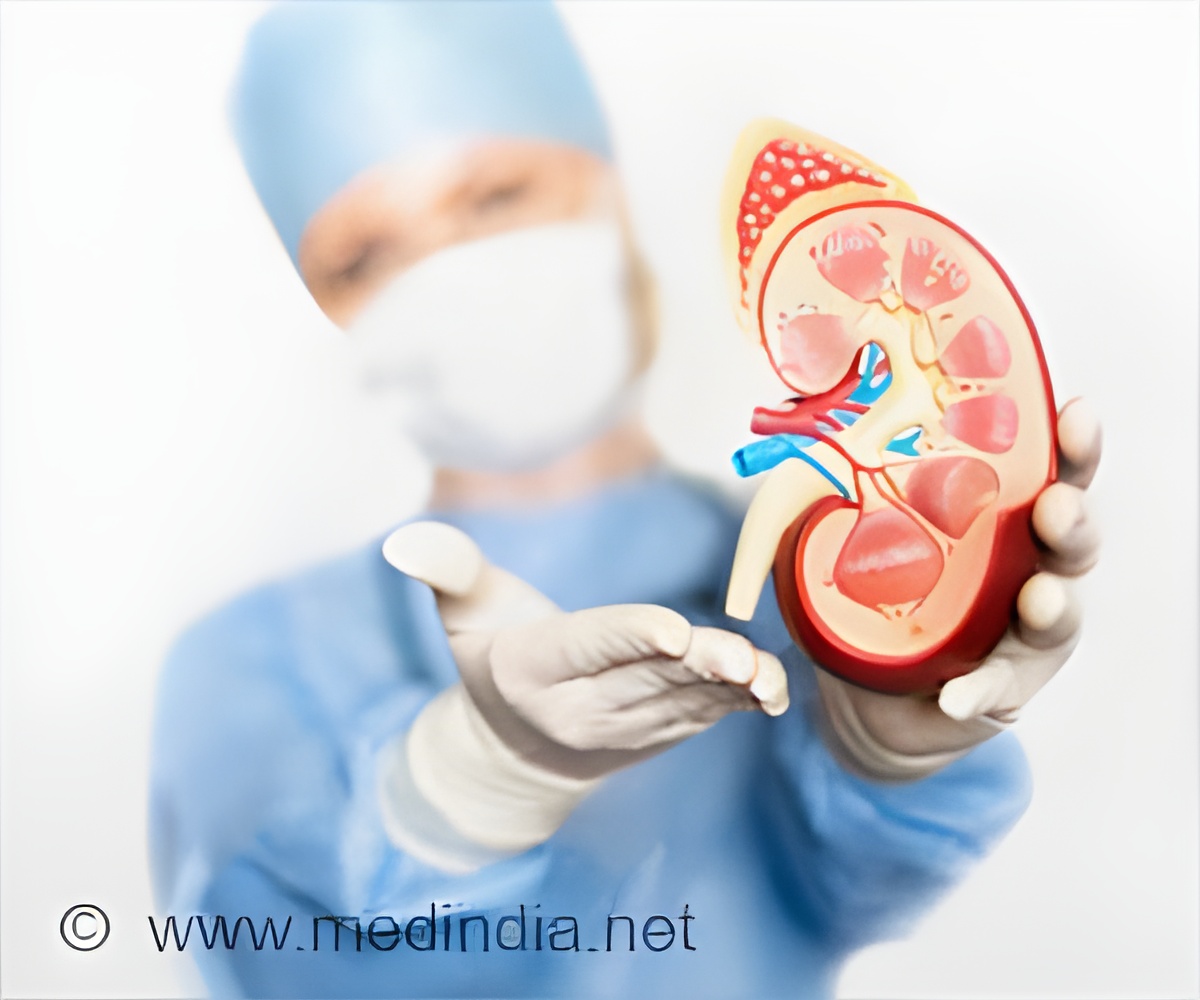The intake of the amino acid lysine, the food supplement, protects laboratory animals from kidney damage.

‘Amino acid lysine – which affects metabolism – has a promising effect on kidney diseases in humans and animals.’





"We discovered that there is an accelerated transformation of the amino acid lysine in humans and animals with kidney disease. And the study shows that the intake of lysine protects the kidneys and prevents hypertensive kidney disease rather effectively, at least in animal models" explains Markus Rinschen.
Side Effects Still Unknown
It is estimated that up to 10% of the adult population suffers from chronic kidney disease, although often mild and without symptoms. The most frequent causes of kidney disease and kidney failure are diabetes or high blood pressure, and the consequence is a much higher risk of heart attack or stroke.However, Markus Rinschen assesses that he will not be able to start treating patients in the clinic for at least five years, and he stresses that it is too soon for people with kidney diseases to run out and buy lysine tablets.
"We don’t know the side effects or the underlying mechanisms yet, and human metabolism is much more complex than a rat’s metabolism," he says.
"We need to conduct more research into animal models, because we have not yet clarified the dominant mechanism behind the result. We found three different mechanisms, but we don’t know whether one, two, or a combination of all three, is the decisive factor."
In the long term, the result will be particularly interesting to health researchers, doctors, nephrologists, physiologists, endocrinologists and nutritionists.
Advertisement
Advertisement
"The study shows how dynamic and unexplored our metabolism still is, and that we need holistic approaches to understand it. Diet, metabolism, heart and cardiovascular system – many things contribute to the development of kidney disease."
Source-Eurekalert















